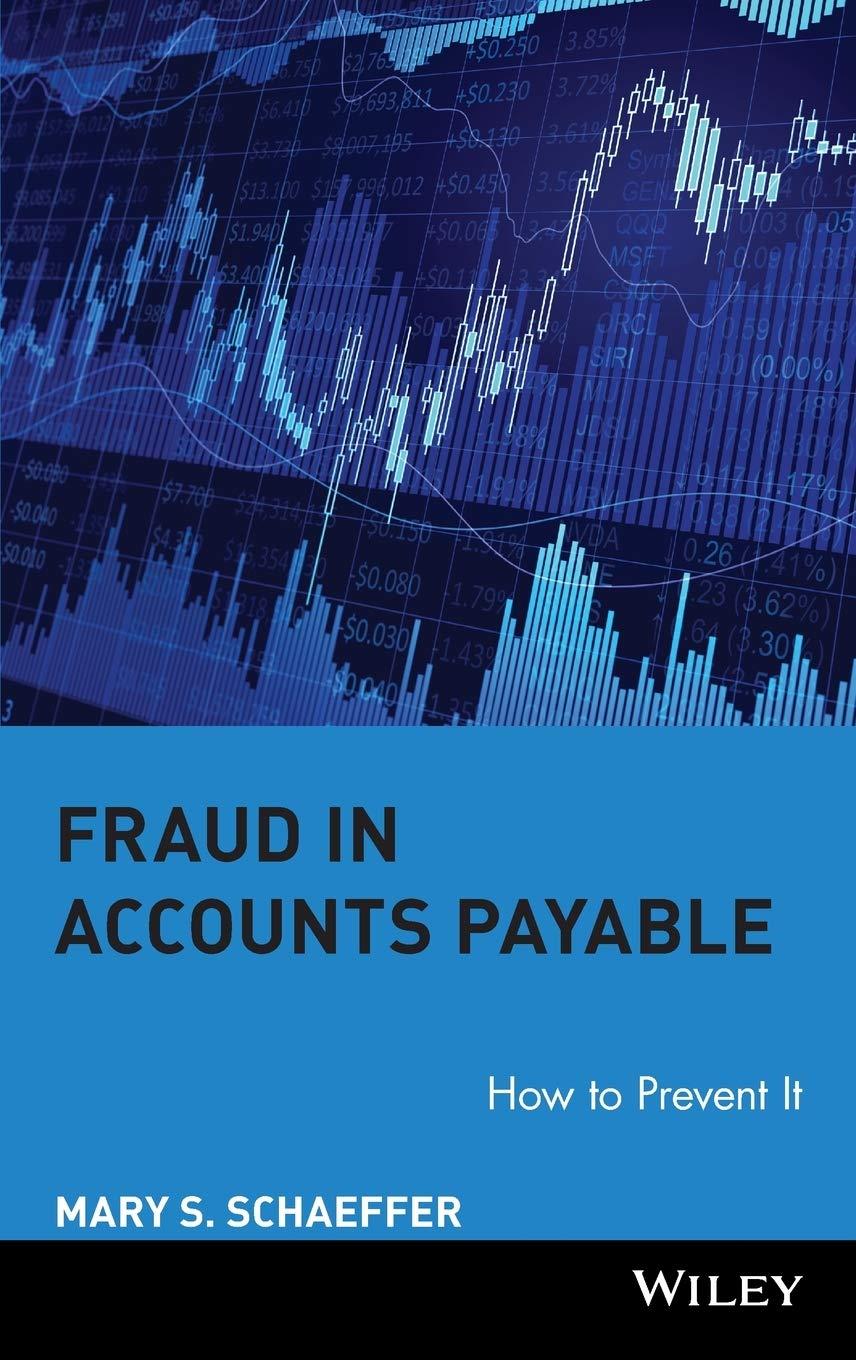Answered step by step
Verified Expert Solution
Question
1 Approved Answer
Peese, a calendar-year taxpayer, uses the cash method of accounting for her sole proprietorship. In late December, she eceived a $17,000 bill from her accountant



Peese, a calendar-year taxpayer, uses the cash method of accounting for her sole proprietorship. In late December, she eceived a $17,000 bill from her accountant for consulting services related to her small business. Reese can pay the $17,00 ill anytime before January 30 of next year without penalty. Assume Reese's marginal tax rate is 32 percent this year and vill be 37 percent next year, and that she can earn an after-tax rate of return of 11 percent on her investments. Required: What is the after-tax cost if she pays the $17,000 bill in December? What is the after-tax cost if she pays the $17,000 bill in January? Use Exhibit 3.1. Note: Round your answer to the nearest whole dollar amount. Based on requirements a and b, should Reese pay the $17,000 bill in December or January? Complete this question by entering your answers in the tabs below. What is the after-tax cost if she pays the $17,000 bill in December? Reese, a calendar-year taxpayer, uses the cash method of accounting for her sole proprietorship. In late December, she received a $17,000 bill from her accountant for consulting services related to her small business. Reese can pay the $17,00 bill anytime before January 30 of next year without penalty. Assume Reese's marginal tax rate is 32 percent this year and will be 37 percent next year, and that she can earn an after-tax rate of return of 11 percent on her investments. Required: a. What is the after-tax cost if she pays the $17,000 bill in December? b. What is the after-tax cost if she pays the $17,000 bill in January? Use Exhibit 3.1. Note: Round your answer to the nearest whole dollar amount. c. Based on requirements a and b, should Reese pay the $17,000 bill in December or January? Complete this question by entering your answers in the tabs below. What is the after-tax cost if she pays the $17,000 bill in January? Use Exhibit 3.1. Note: Round your answer to the nearest whole dollar amount. Reese, a calendar-year taxpayer, uses the cash method of accounting for her sole proprietorship. In late December, she received a $17,000 bill from her accountant for consulting services related to her small business. Reese can pay the $17,00 bill anytime before January 30 of next year without penalty. Assume Reese's marginal tax rate is 32 percent this year and will be 37 percent next year, and that she can earn an after-tax rate of return of 11 percent on her investments. Required: a. What is the after-tax cost if she pays the $17,000 bill in December? b. What is the after-tax cost if she pays the $17,000 bill in January? Use Exhibit 3.1. Note: Round your answer to the nearest whole dollar amount. c. Based on requirements a and b, should Reese pay the $17,000 bill in December or January? Complete this question by entering your answers in the tabs below. Based on requirements a and b, should Reese pay the $17,000 bill in December or January
Step by Step Solution
There are 3 Steps involved in it
Step: 1

Get Instant Access to Expert-Tailored Solutions
See step-by-step solutions with expert insights and AI powered tools for academic success
Step: 2

Step: 3

Ace Your Homework with AI
Get the answers you need in no time with our AI-driven, step-by-step assistance
Get Started


